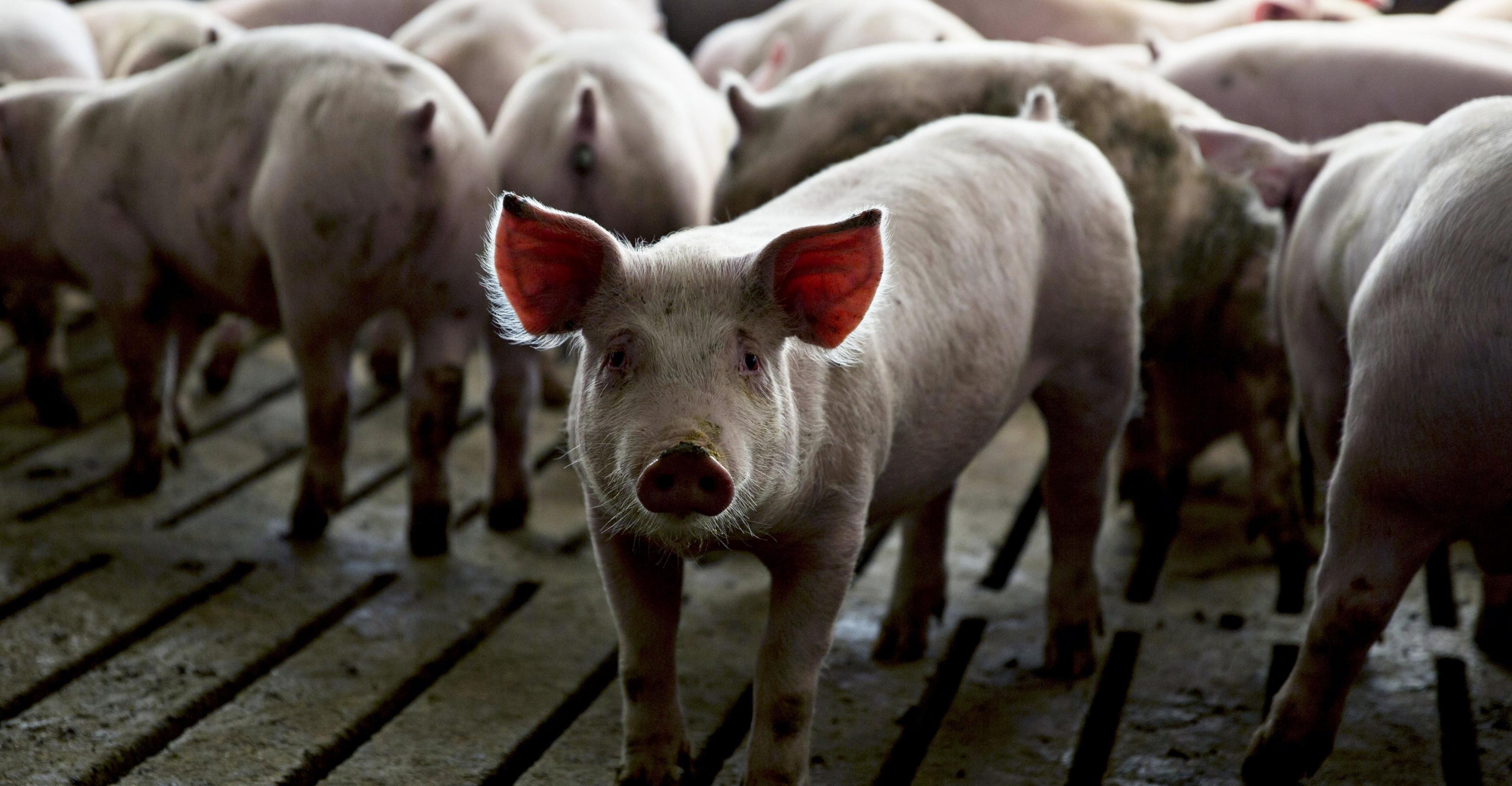Regular coffee intake, in particular, shows a positive association with healthy aging


(Web Desk): A recent study from the Nurses' Health Study (NHS) explored the relationship between caffeine consumption in midlife and the likelihood of healthy aging (HA) in women during older adulthood.
The study, involving 47,513 women with data collected since 1984, found that caffeine intake was modestly associated with better odds of achieving healthy aging.
Healthy aging was defined as living to at least 70 years old without major chronic diseases, physical function limitations, mental health or cognitive impairments, or memory complaints.
Caffeine intake, measured through food frequency questionnaires (FFQs) covering coffee, tea, cola, and decaffeinated beverages, was assessed based on data from 1984 and 1986.
Results showed that by 2016, 3,706 women met the criteria for healthy aging.
The median baseline caffeine intake was 315 mg/day, with regular coffee accounting for over 80% of total caffeine consumption.
After 30 years of follow-up, the study revealed that higher caffeine intake, particularly from regular coffee, was associated with a modest increase in the likelihood of healthy aging.
For every 80 mg/day increase in caffeine, the odds of healthy aging and the likelihood of being free from major chronic diseases, physical function limitations, and cognitive impairments slightly improved.
Regular coffee intake, in particular, showed a positive association with healthy aging. For each additional cup of coffee consumed daily, the odds of achieving healthy aging increased by 5%, with similar increases in each domain of health. In contrast, no significant associations were found for tea or decaffeinated coffee intake.
Cola consumption, however, was linked to worse health outcomes, with higher intake associated with lower odds of healthy aging across all domains.
For each additional glass of cola consumed per day, the odds of achieving healthy aging dropped by 19% to 26%.
The findings suggest that caffeine, particularly from regular coffee, may have a modest beneficial effect on healthy aging in women, while cola intake appears to be detrimental.
However, no significant benefits were observed from tea or decaffeinated coffee.
Full findings of the report were presented at NUTRITION 2025, the American Society for Nutrition's annual meeting, held from May 31 to June 3 in Orlando.
Bondi Beach shooting: Australia hails ‘hero’ Ahmed who stopped gunman
- 13 گھنٹے قبل
Security forces kill 13 Khwarij in two separate engagements in KP: ISPR
- 14 گھنٹے قبل
Jays president Shapiro given new 5-year deal
- 20 گھنٹے قبل
Pakistan aims to become model in digital assets regulation: Bilal saqib
- 13 گھنٹے قبل
Diaz picked Dodgers because 'I'm looking to win'
- 20 گھنٹے قبل

How do you know if you’re wasting your life?
- 6 گھنٹے قبل
Under-19 Asia Cup: India beat Pakistan by 90 runs
- 14 گھنٹے قبل

Pakistan condemns attack on UNISFA in Kadugli, Sudan
- 13 گھنٹے قبل
NHL board of governors eager to see more 'color vs. color' jersey matchups
- 20 گھنٹے قبل
Australian PM declares Sydney shooting a ‘terrorist’ attack targeting Jews
- 13 گھنٹے قبل
Sources: Rangers address needs with 3 signings
- 20 گھنٹے قبل
Source: Gray, Nats reach deal to avoid arbitration
- 20 گھنٹے قبل











